South Korea is globally known for its technological prowess, educational excellence, K-pop dominance, and innovative pop culture exports. Beneath this glittering success, however, lies a society grappling with the intense pressure of hustle culture, where appearance, achievement, and non-stop self-improvement are deeply intertwined.
The Hustle Is Real: More Than Just Hard Work
In Korea, hustling isn’t just about working overtime. It’s about doing everything — building a career, looking your best, maintaining social status, and often, chasing an ideal life that feels more curated than authentic.
Many young Koreans feel they must be exceptional in multiple dimensions. As one speaker in the discussion shared, it’s not enough to be good at your job — you also need to look like you belong in a tailored suit, fit and photogenic. Whether it’s impressing clients in meetings or increasing your dating potential, physical fitness has become a currency.
“Every Korean woman’s polite ideal type is ‘몸좋은 남자’ (a guy with a good body),” one participant joked, referencing the modern dating scene, where aesthetics can sometimes overpower personality. The pressure to conform to these expectations leads many to the gym — not for health, but for optics.
The Illusion of Perfection: Where Health Meets Surgery
While exercise is encouraged, the darker side of this body-focused culture is hard to ignore. Particularly for women, working out can create a dilemma: fitness leads to fat loss, which in turn might reduce certain physical features that are still culturally idealized — like curves.
In response, many turn to cosmetic surgery to restore or enhance what workouts take away. Walk into any gym, and you’ll see posters of trainers with impossibly sculpted physiques — sub-9% body fat and yet, exaggerated features that can only be artificial. It’s a paradox of “natural fitness” shaped by unnatural enhancements.
This ironic pursuit of health and perfection exists in a society where plastic surgery is normalized and fitness culture is intertwined with aesthetics, not just wellness.
K-Pop, Reality Shows, and a Culture of Comparison
The rise of content like Singles Inferno, Physical 100, and K-pop’s global expansion continues to feed this pressure. As one participant pointed out, “I’m eating pork belly watching shredded bodies on TV, thinking ‘Damn, I wanna look like that.’” These shows portray a hyperreal standard — “perfect” people whose looks are, in many ways, engineered.
A movie recommendation, The Substance, was mentioned as a must-watch for those grappling with body image and mental health. It offers a sobering critique of appearance-based validation in today’s media-saturated age.
Burnout and Mental Health: When the Hustle Backfires
All this ambition comes at a cost. One speaker openly admitted to feeling “burnt out” from the constant push to achieve and keep up. “This society is too much,” he said, emphasizing how competition starts early and never really stops.
Mental health issues are on the rise in Korea, and many workers are stuck in a cycle where they’re expected to prioritize career and wealth over rest and well-being — until health deteriorates, forcing a sudden and unwelcome reckoning.
This echoes a national trend: South Korea has among the highest rates of work-related stress and burnout in the world.
The Younger Generation: Resistance or Redirection?
There is, however, a glimmer of change. The younger generation is showing signs of rebellion against this endless grind. Some are ditching traditional office jobs to become farmers, writers, or rural entrepreneurs. Others are redefining hustle not as relentless labor, but as personal fulfillment.
“There’s no one right way to hustle,” one participant said, quoting Beyoncé’s line: “Diva is the new hustler.” In this sense, hustle becomes about how you do something, not just what you do. When passion fuels the hustle, it can lead to joy — but when it’s purely driven by external rewards like money, luxury, or societal approval, it becomes toxic.
Yet, for many, the reality remains harsh. As the economy struggles and the birth rate plummets, people feel an increased need to do more with less — resulting in more intense hustle cycles.
Hope for the Future: Lighting a Candle, Not Cursing the Darkness
One particularly thoughtful remark summed up a philosophy of hope: “It’s better to light a candle than to curse the darkness.” This captures the mindset of many Koreans who — despite systemic pressure — believe in slowly creating new systems where work and life don’t have to be in constant conflict.
Educators, entrepreneurs, and creatives are working to plant seeds in the next generation. Some left stable jobs to build businesses that will one day offer a healthier work environment to future leaders.
Their mission? To gain power, reshape systems, and influence the culture from within.
Conclusion: Between Burnout and Breakthrough
Korea’s hustle culture is at a crossroads. The country is experiencing both unprecedented burnout and unprecedented possibility. As younger Koreans begin rejecting traditional paths, and as public conversations around body image, mental health, and fulfillment gain momentum, there’s hope for a more balanced future.
But for now, the grind continues — and many are still figuring out how to survive it, without losing themselves in the process.



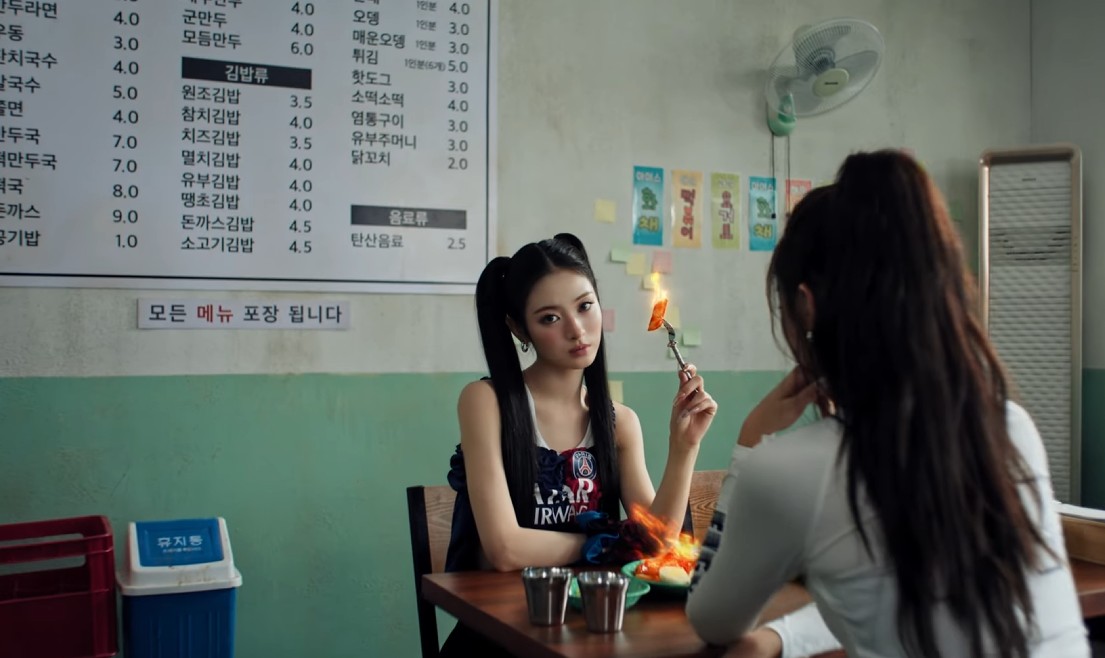



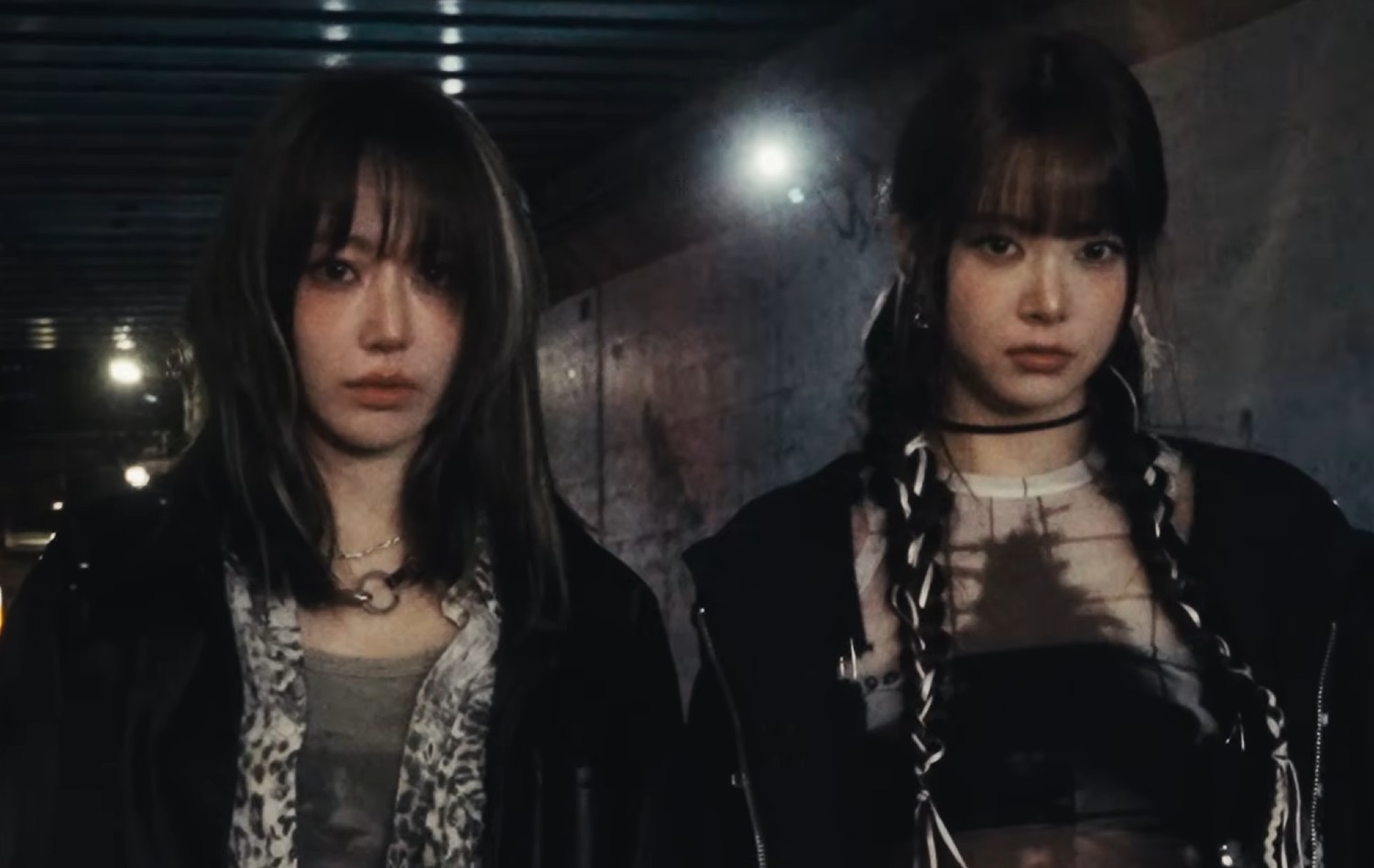
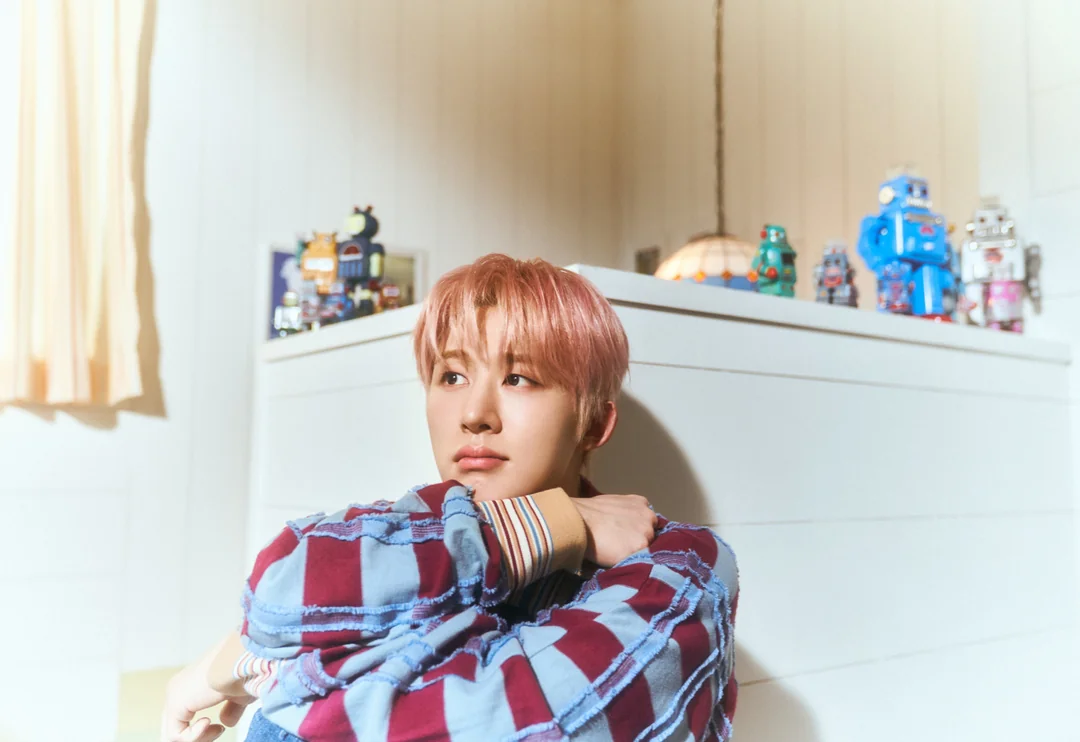
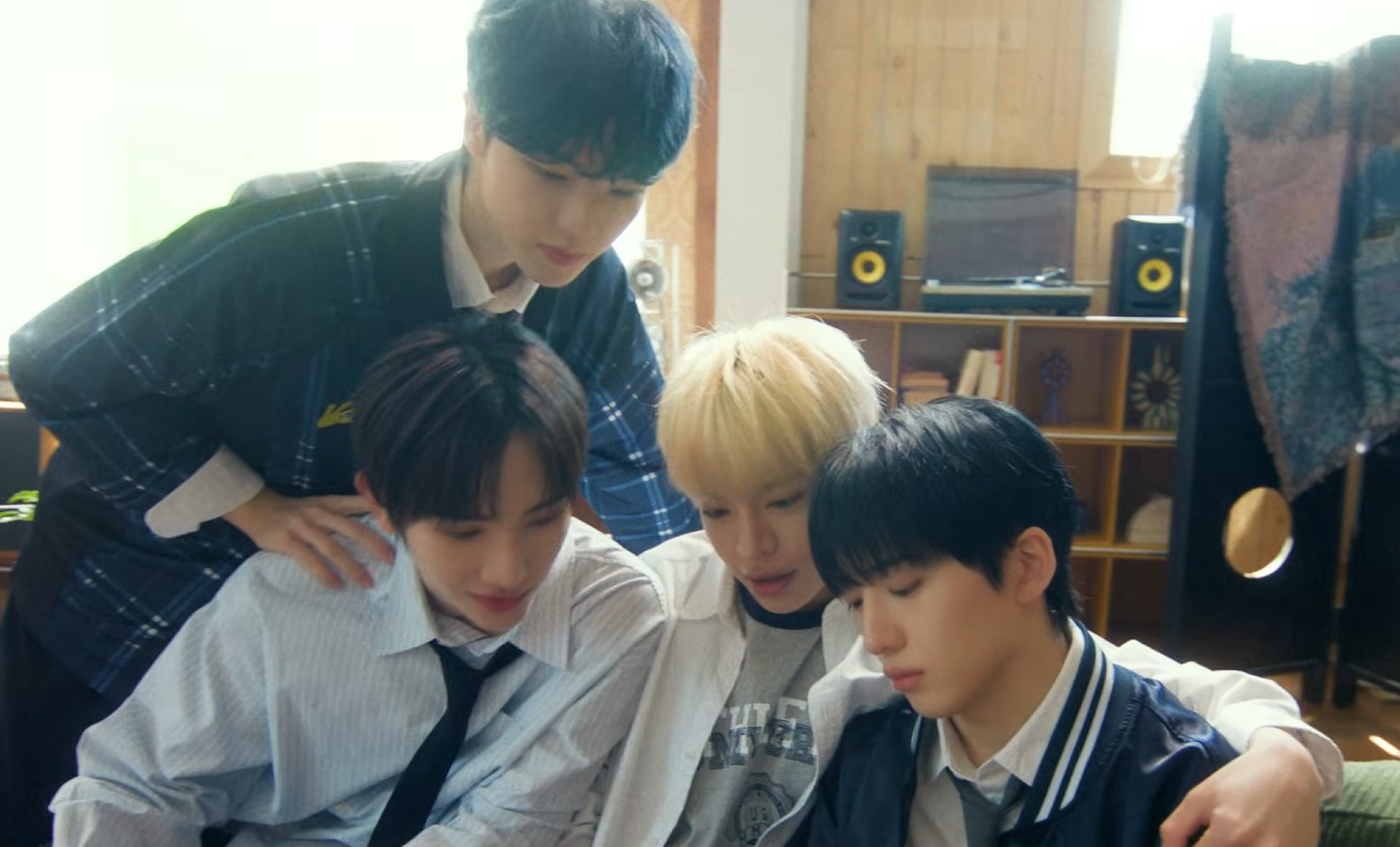
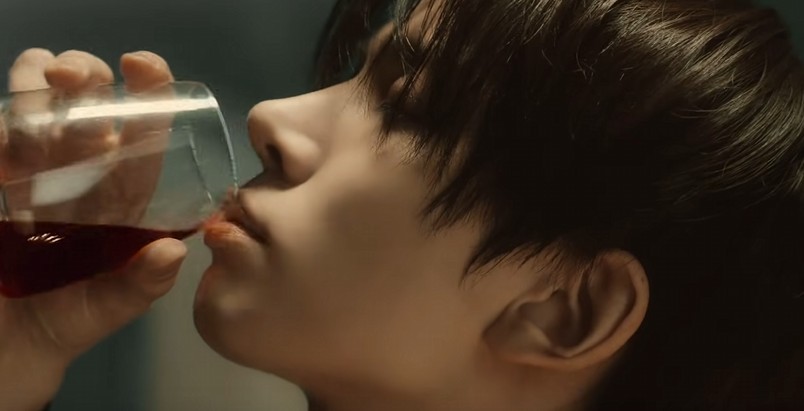
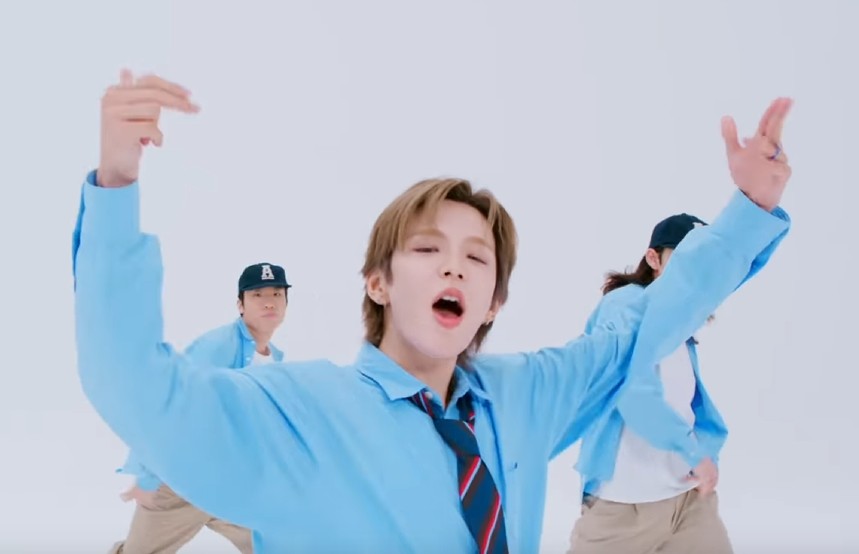
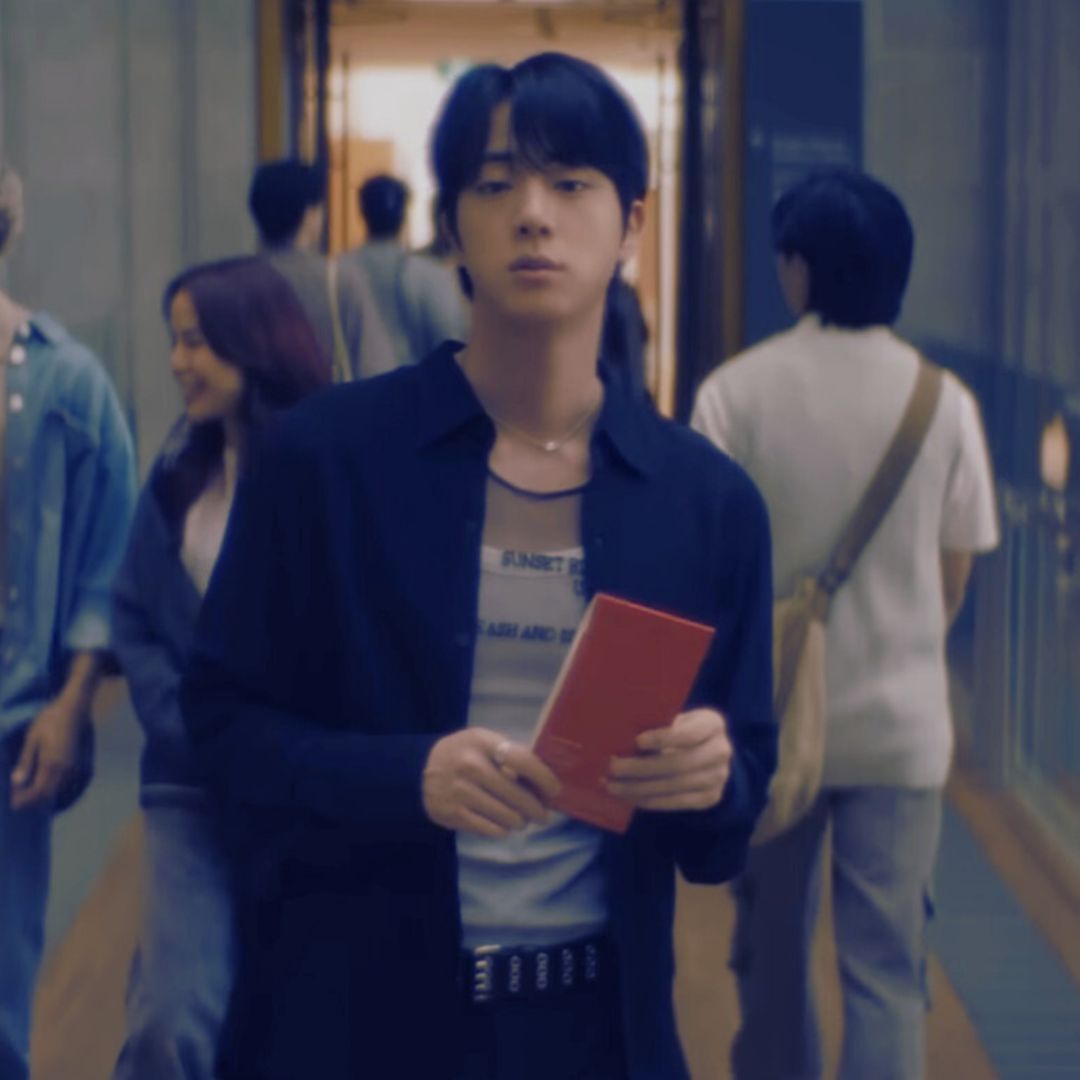

Leave a Reply